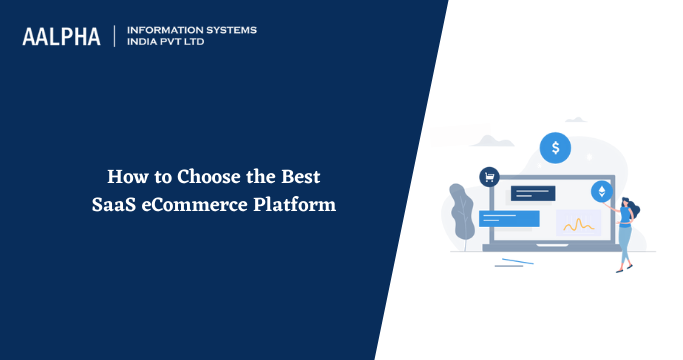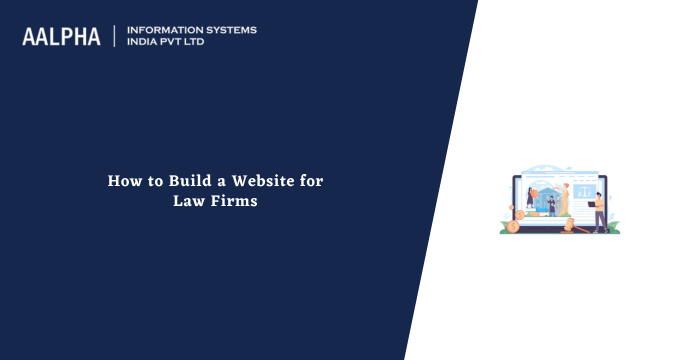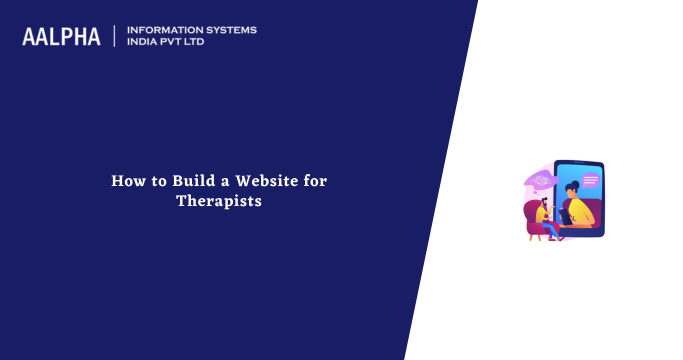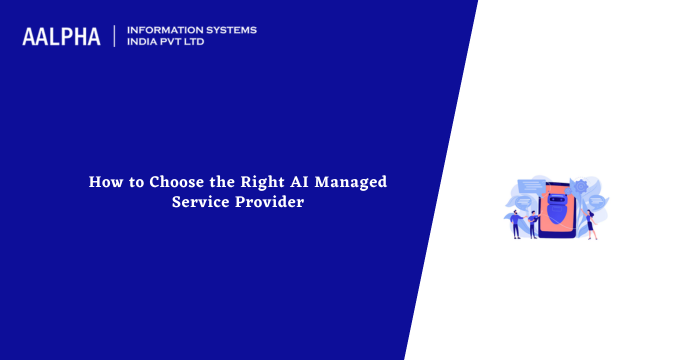eCommerce is primarily concerned with transactions that occur via the internet, emphasizing commercial transactions. This covers the acquisition and disposition of a diverse range of items and services. It serves various businesses, from digital, such as eBooks, music, and gaming, to clothes and accessories and contractual services, among others.
There are several sorts of eCommerce available in today’s age and time, including SaaS eCommerce, open-source platforms, and even on-premises eCommerce, which individuals may choose, and employ based on their business’s requirements.
eCommerce platform based on SaaS
SaaS eCommerce is an efficient platform that helps you to build your shop online quickly, reliably, and affordably, as it integrates with your website development, hosting, and design options. Additionally, it has a Content Management System (CMS) that enables you to begin your company, whether small or medium-sized and provides a choice of configurable options. SaaS development is rapid and effective in today’s world and are the most promising alternative in the current tech-savvy and digital eras. Furthermore, these platforms can streamline the process to sell on Amazon, leveraging one of the world’s largest online marketplaces to expand your reach.
SaaS eCommerce systems are well-known for their ease of use and rapid development of eCommerce shops. These are pre-built eCommerce systems that are offered through cloud-based hosting. Using a graphical user interface, you can quickly join up and set up your online business in a matter of hours.
- No previous knowledge of coding needed.
- Web hosting is not required.
- No technical team is required.
Consider the following qualities while selecting a SaaS eCommerce platform.
It’s time to learn about some critical aspects to consider while evaluating an eCommerce solution on the market. Do not be afraid to reconsider your selections if the solutions you’ve chosen lack the following characteristics:
-
Search Engine Optimization (SEO) Compatibility
It may be advantageous to get a better ranking in search results. One way to achieve better search rankings is to consider hiring a SaaS SEO firm that can help optimize your website and improve your overall online presence. You want clients to discover your business when looking for similar items to those that you offer. Your eCommerce platform must have the following fundamental SEO-friendly functionality by default:
- Specify a unique domain name
- Meta tags and meta descriptions should be updated.
- Captions and explanations should be included with photos.
- Convert URL structures to be more SEO-friendly
- Google Analytics API integration
-
Compatibility with mobile devices
When 60% of searches occur on mobile, you cannot afford to overlook mobile ecommerce chances. These searches often result in final purchases, which you may lose if your site is not mobile-friendly. There are two approaches to guarantee that your eCommerce company is mobile-friendly:
Purchase an eCommerce platform that comes pre-configured with a mobile-responsive theme or template. Consider Shopify, the Shopify offers a plethora of mobile-responsive themes and designs.
-
Additional security features
No client wants to purchase at an imprecise business that cannot protect their personal information. Using an unprotected eCommerce platform is not a prudent option when eCommerce businesses are always at the top of hackers’ lists.
One of the most excellent methods to determine if your selected platform is safe is to check whether it supports HTTPS or SLL. Additionally, it must be PCI-DSS certified, which is a standard for safe payment processors. PayPal, Stripe, Square, WorldPay, Braintree, and SecurePay are a few examples of very trustworthy PCI-DSS compliant payment platforms. More importantly, the platform must natively or by customization support these payment methods.
-
Scalability of the platform
Every eCommerce firm aspires to succeed in a particular sector and extend its operations to a larger scale. The scalability of an eCommerce platform cannot be determined just by its capability to manage a high volume of traffic.
Additionally, it must be capable of integrating APIs that organizations utilize to manage large-scale deployments. Integrations such as Salesforce CRM, RSA Archer, bespoke PIMS, and CDN are just a few examples. Always check to see whether the platform you’ve selected can expand its functionality to meet evolving requirements and expectations.
-
Product Administration System
The Product Management System’s primary role is to enable the administrator to upload products and maintain their listings. However, in 2021 & beyond, you need much more. Moreover, you need powerful eCommerce product management that comes pre-loaded with cutting-edge capabilities.
- Upload products in bulk through CSV and Excel files
- The capability of creating distinct categories and assigning items to them
- Capability to associate several delivery methods with certain items
- Bulk upload of high-quality product images
- Advanced product listing with Wish List, Product Comparison, and Recently Viewed features.
Check: eCommerce development company
Concluding
The reason SaaS eCommerce platforms have gained so much attention in recent years is that it has emerged as the simplest possible option for taking your store online and creating a website for it is their ease of use, the user-friendly interface they provide, the large customer base that can be targeted without incurring high costs, and the fact that a business owner has a variety of features and options to choose from when starting their online business.
Using the same method, you may synchronize your site with all of your seller accounts across numerous marketplaces. Eventually, you’ll be able to sell on Amazon, eBay, Etsy, Google Shopping, and your own website simultaneously, without performing any more effort.
Looking for SaaS eCommerce soultions? feel free to contact us & get a free quotation today!
Also read: SAAS Migration |




Share This Article:
Written by:
Muzammil K
Muzammil K is the Marketing Manager at Aalpha Information Systems, where he leads marketing efforts to drive business growth. With a passion for marketing strategy and a commitment to results, he's dedicated to helping the company succeed in the ever-changing digital landscape.
Muzammil K is the Marketing Manager at Aalpha Information Systems, where he leads marketing efforts to drive business growth. With a passion for marketing strategy and a commitment to results, he's dedicated to helping the company succeed in the ever-changing digital landscape.